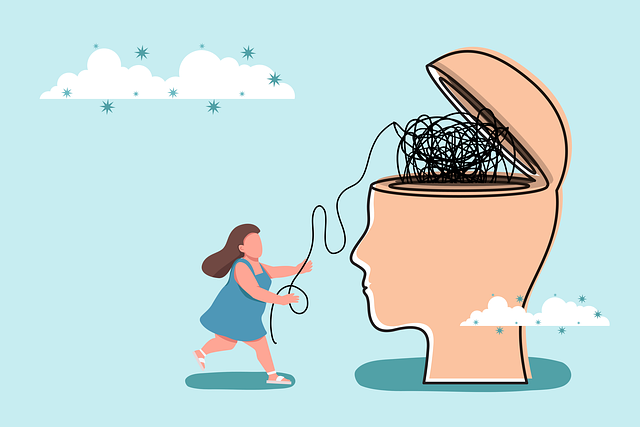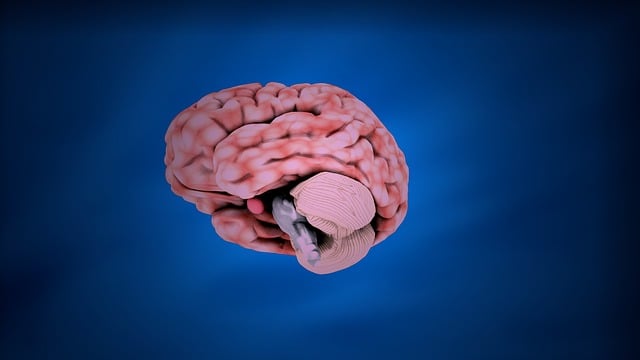In modern times, stress is a prevalent issue due to demanding schedules, technology, social pressures, and constant connectivity. Longmont Crisis Counseling Therapy offers a holistic approach to stress reduction, addressing root causes and promoting well-being through open communication, self-care, and Cognitive Behavioral Techniques (CBT). Mindfulness and meditation practices, alongside lifestyle adjustments like exercise and sleep, are powerful tools provided by the therapy to enhance mental wellness and emotional regulation. Longmont Crisis Counseling Therapy equips individuals with practical coping strategies for effective stress management.
In today’s fast-paced world, stress has become a modern-day epidemic. The constant pressure from work, family, and personal commitments can take a toll on our mental and physical well-being. Fortunately, there are effective stress reduction methods available to help us navigate this challenging landscape. This article explores various techniques, including Longmont Crisis Counseling Therapy, cognitive behavioral techniques, mindfulness practices, and lifestyle adjustments, offering holistic approaches to manage stress and foster overall well-being.
- Understanding Stress: The Modern-Day Epidemic
- Longmont Crisis Counseling Therapy: A Holistic Approach
- Cognitive Behavioral Techniques for Stress Management
- Mindfulness and Meditation: Finding Calm in Chaos
- Lifestyle Adjustments for a Less Stressed Life
Understanding Stress: The Modern-Day Epidemic

Stress has become an all-too-common companion in modern life, affecting individuals across various demographics. What was once a rare occurrence in our ancestors’ hunter-gatherer days, now feels like an ever-present background noise. This shift can be attributed to numerous factors, from demanding work schedules and rapid technological advancements to heightened social pressures and a constant digital connection. The impact of chronic stress on mental and physical health is well-documented, leading many to seek effective coping mechanisms. Longmont Crisis Counseling Therapy offers valuable support for those struggling with stress, providing tools to navigate its complexities.
The modern-day stress epidemic has sparked significant interest in understanding and addressing its root causes. Beyond individual resilience, societal efforts like Mental Illness Stigma Reduction Efforts play a crucial role in fostering open conversations about mental health. Compassion Cultivation Practices have gained traction as effective strategies, teaching individuals how to cultivate empathy and kindness towards themselves and others. Moreover, Mental Health Policy Analysis and Advocacy drive systemic changes, ensuring accessible resources and improved support for stress management and related mental health concerns.
Longmont Crisis Counseling Therapy: A Holistic Approach

In the realm of stress reduction, Longmont Crisis Counseling Therapy stands out as a holistic approach that caters to both mind and spirit. This therapy goes beyond addressing symptoms by tackling the root causes of stress, making it an effective solution for those seeking lasting change. It emphasizes open communication strategies, encouraging individuals to express their feelings and thoughts in a safe, non-judgmental environment. Through this process, clients develop a deeper understanding of their triggers and gain valuable tools to manage stress effectively.
The holistic nature of Longmont Crisis Counseling Therapy incorporates various Self-Care Practices tailored to individual needs. It fosters resilience, equips individuals with healthy coping mechanisms, and promotes overall well-being. By integrating these practices into daily routines, clients can mitigate the impact of stressors, enhance their ability to navigate challenging situations, and cultivate a sense of calm and balance in their lives.
Cognitive Behavioral Techniques for Stress Management

Cognitive Behavioral Techniques (CBT) have emerged as powerful tools in Longmont crisis counseling therapy for managing stress. CBT focuses on identifying and changing negative thought patterns that contribute to emotional distress. By understanding and challenging these thoughts, individuals can gain a more balanced perspective, leading to improved emotional regulation and burnout prevention. This approach encourages active participation in one’s mental health, teaching practical strategies for coping with stressful situations.
The core principle of CBT revolves around the concept of “mind over matter.” It suggests that our thoughts significantly influence our emotions and behaviors. Through this technique, individuals can learn to reframe negative thoughts, fostering a positive mindset that enhances resilience. By addressing underlying cognitive issues, CBT offers lasting solutions for stress management, empowering folks to take control of their mental well-being, even in challenging circumstances.
Mindfulness and Meditation: Finding Calm in Chaos

In today’s fast-paced world, chaos and stress seem ever-present. However, within this hustle and bustle lies a powerful tool for navigating life’s challenges: mindfulness and meditation. These practices, offered by Longmont Crisis Counseling Therapy, focus on training your mind to be fully present in the moment, cultivating emotional regulation and mental wellness. By observing thoughts and sensations without judgment, individuals can develop a profound sense of calm and clarity, even amidst life’s storms.
Mindfulness and meditation are not just about quieting the mind; they’re about building empathy within oneself and for others. Through these practices, one learns to recognize and accept emotions as they arise, fostering better emotional regulation and deeper connections with those around them. In a world often driven by stress and reactivity, these strategies offer a transformative path towards mental wellness, enabling folks to dance through life’s complexities with grace and resilience.
Lifestyle Adjustments for a Less Stressed Life

Making lifestyle adjustments is a powerful tool for reducing stress and improving overall well-being. Simple changes in daily routines can significantly impact mental health. For instance, incorporating regular physical activity, such as walking or yoga, into your schedule can boost mood and energy levels while reducing tension. Additionally, prioritizing quality sleep by maintaining a consistent sleep schedule and creating a relaxing bedtime routine is essential for managing stress. Longmont Crisis Counseling Therapy offers valuable resources for individuals seeking support in these areas.
Nutrition also plays a crucial role in mental health. Eating a balanced diet rich in fruits, vegetables, and whole grains can improve focus and energy. Staying hydrated and limiting caffeine intake can help regulate mood swings and reduce anxiety. Mental Health Education Programs Design can empower individuals to make informed choices about their dietary habits. Building resilience and confidence through practices like meditation, deep breathing exercises, or engaging in hobbies can further enhance one’s ability to cope with stressful situations effectively.
In conclusion, managing stress is a vital aspect of leading a healthy, fulfilling life. From understanding its all-encompassing nature to employing diverse techniques like Longmont Crisis Counseling Therapy, cognitive behavioral techniques, mindfulness, and lifestyle adjustments, individuals can effectively navigate life’s challenges. By integrating these strategies into daily routines, one can find balance, enhance resilience, and cultivate a sense of calm amidst the chaos. Remember that stress reduction is a personal journey, and discovering the right tools for each individual is key to achieving long-lasting well-being.








